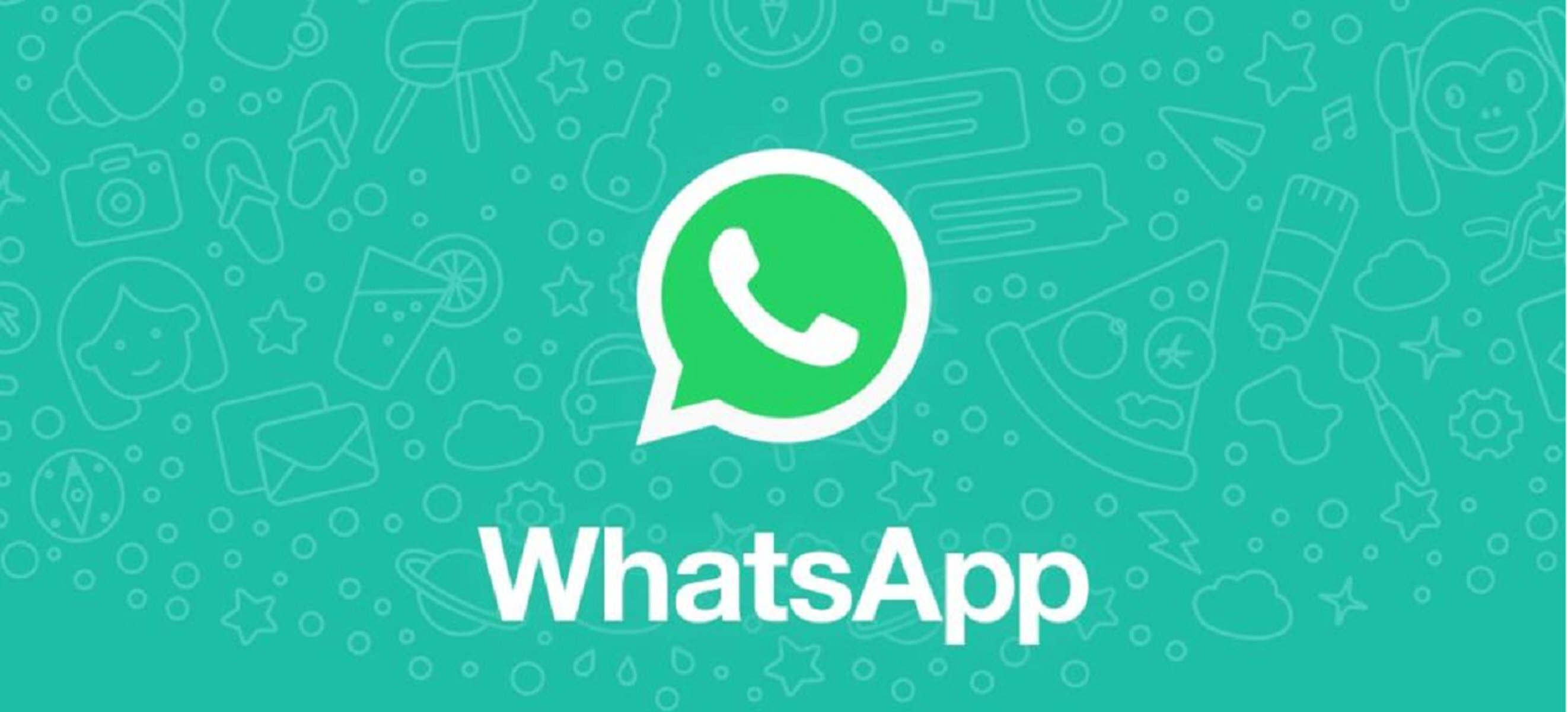

While WhatsApp started as a mobile messaging app, it has over the years been building out other ways of using it, for example adding desktop support in 2015 to the iOS version. The service is another step forward in WhatsApp creating more feature parity between its flagship mobile apps and how you interact with the service when you use it elsewhere. The full instructions for how to turn it on are here. WhatsApp says that on iPhone, it will work with all devices operating iOS 14 and above with Touch ID or Face ID, while on Android, it will work on any device compatible with Biometric Authentication (Face Unlock, Fingerprint Unlock or Iris Unlock). The QR code doesn’t go away this is a second step users will need to take, similar to how you can choose to implement two steps of authentication on a handset to use the WhatsApp mobile app today. When implemented, it will appear for users before a desktop or web version can be linked up with a mobile app account, which today relies just on using a QR code. It works only if you’ve enabled biometric authentications on your device: it doesn’t if you have not. With the new feature, you will now be able to add in a biometric login, which uses either a fingerprint, face ID, or iris ID - depending on the device - on Android or iPhone handsets, to add in a second layer of authentication. The company hints there will be more updates coming soon. The feature is coming on the heels of what WhatsApp is describing as a “visual refresh” of the WhatsApp web page on the Android and iOS apps for linking and managing devices connected to your account. The company said that from today, it will let people add in a fingerprint, face, or iris scan to use WhatsApp on desktop or web by linking it to your mobile app, to be used alongside the existing QR code authentication. Now, it’s adding a new biometric feature to the service to bring in a new authentication layer for those using its web and desktop versions. It’s not done with how it’s tweaking privacy and security. WhatsApp, the Facebook-owned popular messaging app with more than 2 billion users, has been getting a lot of heat and losing users in recent weeks after announcing (and then delaying) changes to how it uses your data.


 0 kommentar(er)
0 kommentar(er)
